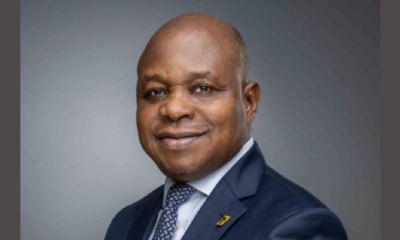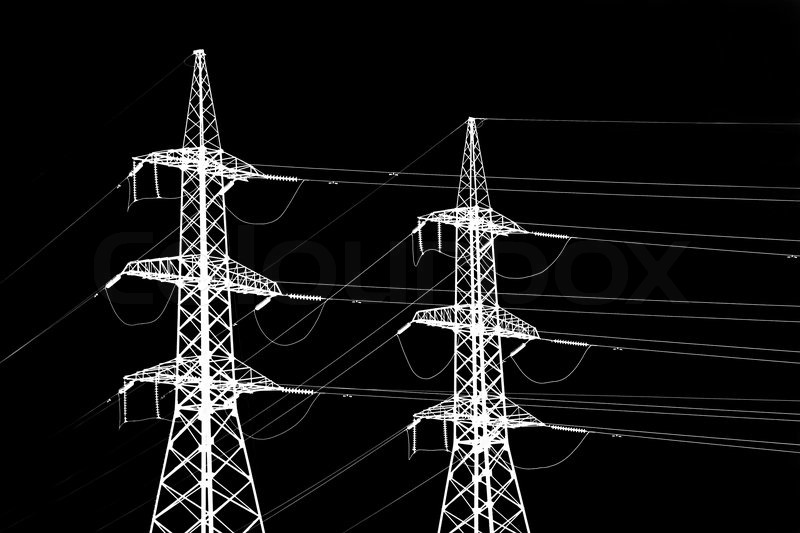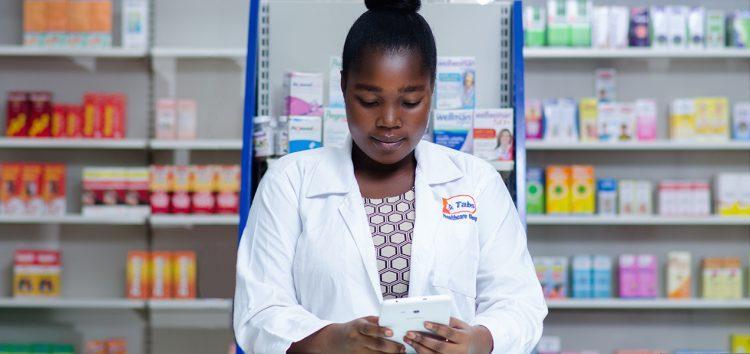- Electricity Generation Rises to 4,303MW
Electricity generation yesterday rose to 4,232.6 Megawatts (MW), an appreciable improvement from the 3,500 MW recorded in the last two months, according to the daily electricity generation report from the Transmission Company of Nigeria (TCN).
The Federal Government’s efforts to fix the electricity crisis in Nigeria have not yielded significant result due to gas pipeline vandalism and many homes and businesses are still experiencing constant blackout.
According to the operational report from the TCN, this can be regarded as significant improvement; although still far below the country’s peak demand forecast of 19,100MW.
Also, analysis from the Nigerian Electricity Supply Industry (NESI) Statistics showed that the power sector lost an estimated N1.2 billion on March 20, due to gas constraints.
Specifically, the agency put power output loss to gas constraints at 2,105MW.
It stated: “The power sector is plagued with structural issues in all key areas – generation, gas supply, transmission and distribution. To name a few of these challenges, the operational capacity of the country’s power plants is less than a third of their installed capacity.
“Chronic vandalism has crippled oil and gas pipelines, creating gas shortages at power plants. Underinvestment in maintenance and infrastructure has constrained our transmission grid. Finally, high collection and commercial losses have impacted the financial viability of the privatised distribution companies.”
Despite the output improvement in, many customers under the Ikeja Electric Plc, complain that there is no corresponding increase in supply.
Responding to the irregular supply under its jurisdiction, Spokesperson for the company, Olusola Ayeni, attributed this to line damage, saying: “The current outage is due to the destruction of our Abule Tailor 33kv line, Ipaja 11kv line and Amikanle 11kv line by the heavy rain last night.
“The affected areas include Ikola, Amikanle, Command Road Ipaja, Olota, Ekoro Road, Abule Tailor and environs. Power supply to the affected areas will be restored shortly as maintenance teams are already effecting repairs.”
Dwelling on TCN’s efforts to boost power supply in Lagos, the Company General Manager, Public Affairs, Seun Olagunju, said power supply in Lagos and Ogun states is set to improve with the inauguration of some power equipment at the 330kV Transmission Substation in Ayobo, Lagos State.
She said: “The power transmission equipment to be installed include transformers, protective devices, metering circuits as well as state-of- the- art control panels, which will facilitate the wheeling of more reliable power to the distribution companies and the people.
“As a result of the volume of connections to be done, and the need to reduce attendant customer discomfort, the installation has been spread to take effect from March 6 to April 3rd, and only between 9am and 3pm daily.”
She assured that the installations are geared towards providing more quality power supply to the people.
Speaking on the state of electricity supply in the country, Senior Vice President, Centre for Values in Leadership (CVL), Rasheed Adegbenro, argued that Nigeria couldn’t be industrialised without regular electricity supply, and as such, cannot be competitive even in the next 20 years with the level of electricity supply in the country.
He said: “If you have television, refrigerator and air conditioner at home, you are consuming the energy of 100 people. There is no way we can run industrialisation on a per capita consumption of 13 watts.
“Also, the telecommunication companies are struggling with providing self-generated power for their transmission networks. When they realised there was no power after acquiring the assets, they quickly mobilised funds from international financiers to remain in business.
“Discos and Gencos are challenged because the money is not there. Those who took money from the banks cannot pay back and the banks are not ready to release more funds for the electricity firms.”
Corroborating Adengbenro, President, Nigeria -Vietnam Chamber of Commerce and Industry, Oye Akinsemoyin, believes that government’s solutions to the electricity challenges have not been effective.
“I think government needs a new cabinet to manage the challenges of electricity in Nigeria. My chamber spends so much on self-generated power despite paying so much on estimated bills.”

 Naira4 weeks ago
Naira4 weeks ago
 Naira3 weeks ago
Naira3 weeks ago
 Naira3 weeks ago
Naira3 weeks ago
 Naira3 weeks ago
Naira3 weeks ago


 Naira3 weeks ago
Naira3 weeks ago




 Naira2 weeks ago
Naira2 weeks ago
 Jobs4 weeks ago
Jobs4 weeks ago


 Appointments2 weeks ago
Appointments2 weeks ago




















